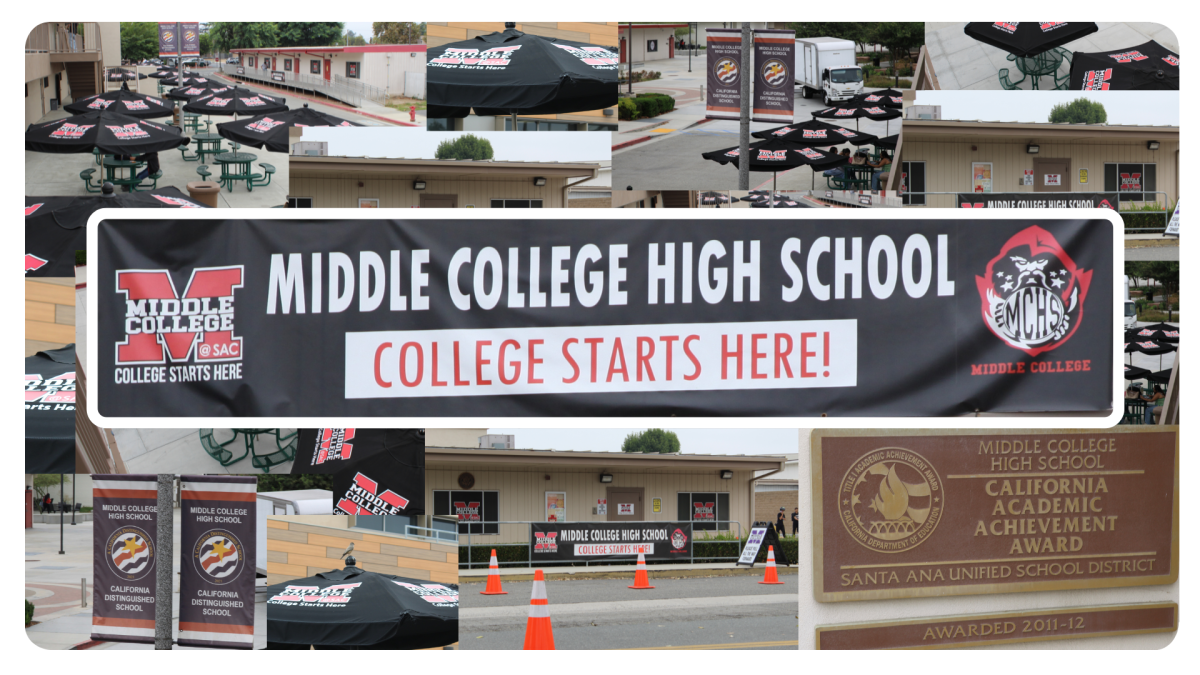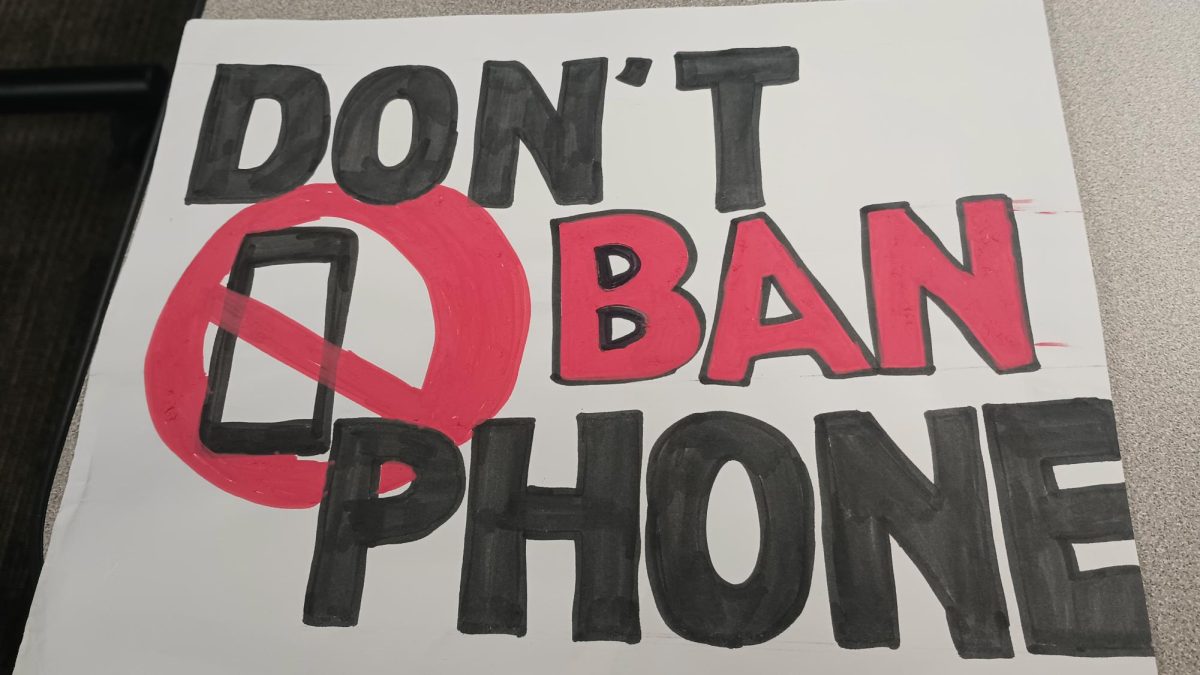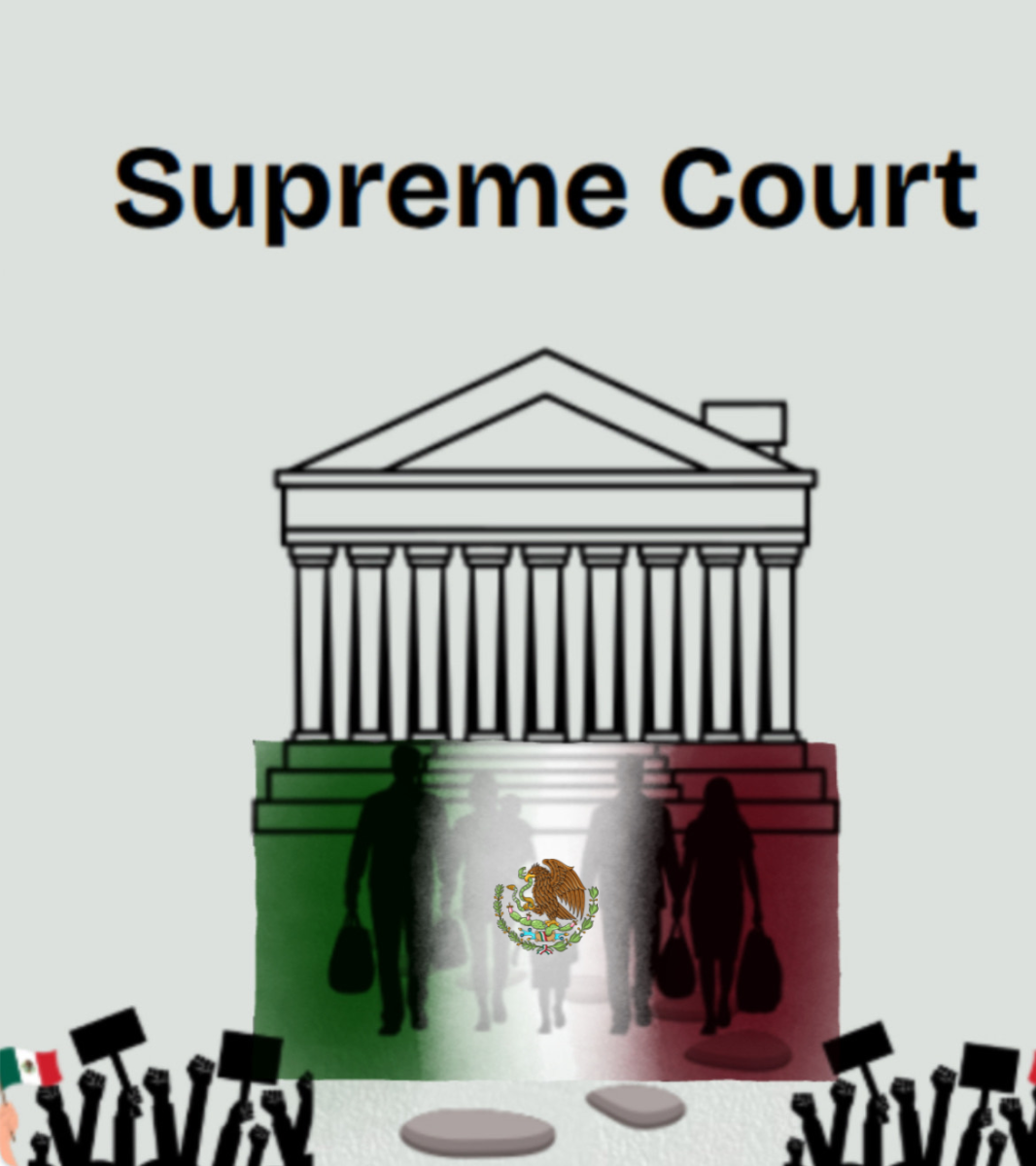Lobbying
March 28, 2018
@JoyAnnReid ask yourself one question‼Why are we not talking about doing away with lobbying to attack the NRA and the Koch brothers⁉That discussion should happen along with gun control❗😡 pic.twitter.com/6bXYjTjerW
— John R Aguilar (@jaguintexas66) March 14, 2018
Lobbying is defined as the act of attempting to influence the actions, policies, or decisions of elected officials in their policy decisions. Often, government legislators are the targets of these agencies because they have a say in whether bills should or should not be passed. A bill passed by Congress, known as the Lobbying Disclosure Act Guidance Act, allows lobbies to become registered as interest groups in the government and gives them an opportunity to speak to elected officials directly without seeming persuasive toward politicians’ decisions.
Special interest groups, as lobbies are often called, have existed for the longest time in American democracy to magnify the different issues that we’ve had in America. There are many groups in history like the Southern Christian Leadership Conference, the group that brought the Civil Rights Movement and displayed some of American history’s greatest heroes such as Rosa Parks and Martin Luther King Jr. Interest groups are resonant in our government even today.
While there are associations such as the ASPCA or the American Society for the Prevention of Cruelty to Animals, who pressures lawmakers to respect the lives of pets and animals, there are also associations such as the Independent Petroleum Association of America, which supports fewer regulations for ecosystems and wildlife to make more oil accessible to the American public. Some anti-lobbyist groups believe that having these big industries lobbying for themselves is arguably excessive in their favor AND against the general public; the NRA (National Rifle Association) is a great example because 37 percent of Americans view the NRA in a negative light (The Hill). To many anti-lobbyist groups, lobbying exploits the American democracy by voting in representatives who are easy to manipulate and voting in favor of bills that are not the interest of their own people.
Lobbying began as a way for people to obtain a way to push bills that they wanted to see as important. Large numbers of people would congregate as interest groups and support candidates who would follow their cause. It would be a quick and easy way to shed light on things that really mattered in the country. Interest groups invest so much money to have their voices be heard. However, some voices are louder than others.
Special interest groups, as lobbies are often called, have existed for the longest time in American democracy to magnify the different issues that we’ve had in America. There are many groups in history like the Southern Christian Leadership Conference, the group that brought the Civil Rights Movement and displayed some of American history’s greatest heroes such as Rosa Parks and Martin Luther King Jr. Interest groups are resonant in our government even today.
I don’t entirely agree with the sentiment, but this cartoon is a really effective way of expressing one perspective on lobbying pic.twitter.com/tQxJgfMMBW
— Conor McGrath (@ConorMcGrathPR) February 11, 2017
Pro-lobbying groups give many arguments in favor of having their voice be heard. The main reason that people are in favor of lobbying groups is because they unite people with similar interests together and make them a big part of democracy. Associations such as LULAC (League of United Latin American Citizens) are invested in giving more opportunities to Latino citizens, who are arguably less represented in America, by lobbying in favor for their own interests. Individuals even get special perks for just for subscribing to the groups of their choice.
The AARP, or the American Association of Retired Persons, get many benefits for being members such as discounts on medical expenses and even discounts on some restaurants.
The biggest effect of having interest groups is the access to information that would take the national government YEARS to find out because interest groups have resources to conduct surveys and tests that the government cannot take as consistently as they should. Lower scale interest groups are very active in their goals and usually are there to protect their social rights. High scale interest groups, typically are in favor of economic reforms that would enhance big industries and are made up of huge active multitudes of people who are active voters.
The importance of voting is important, but what is more important is being informed about the different interest groups that are supporting bills that can hurt the population. The NRA is arguably one of the biggest interest groups fighting against the majority of the population in this day. Being informed and knowing what is a popular belief is essential to American democracy, and whether you are for or against lobbying, study your representatives and make sure they follow the rules of democracy instead of listening to a minority of interest groups that should only be there to support the representatives.





































